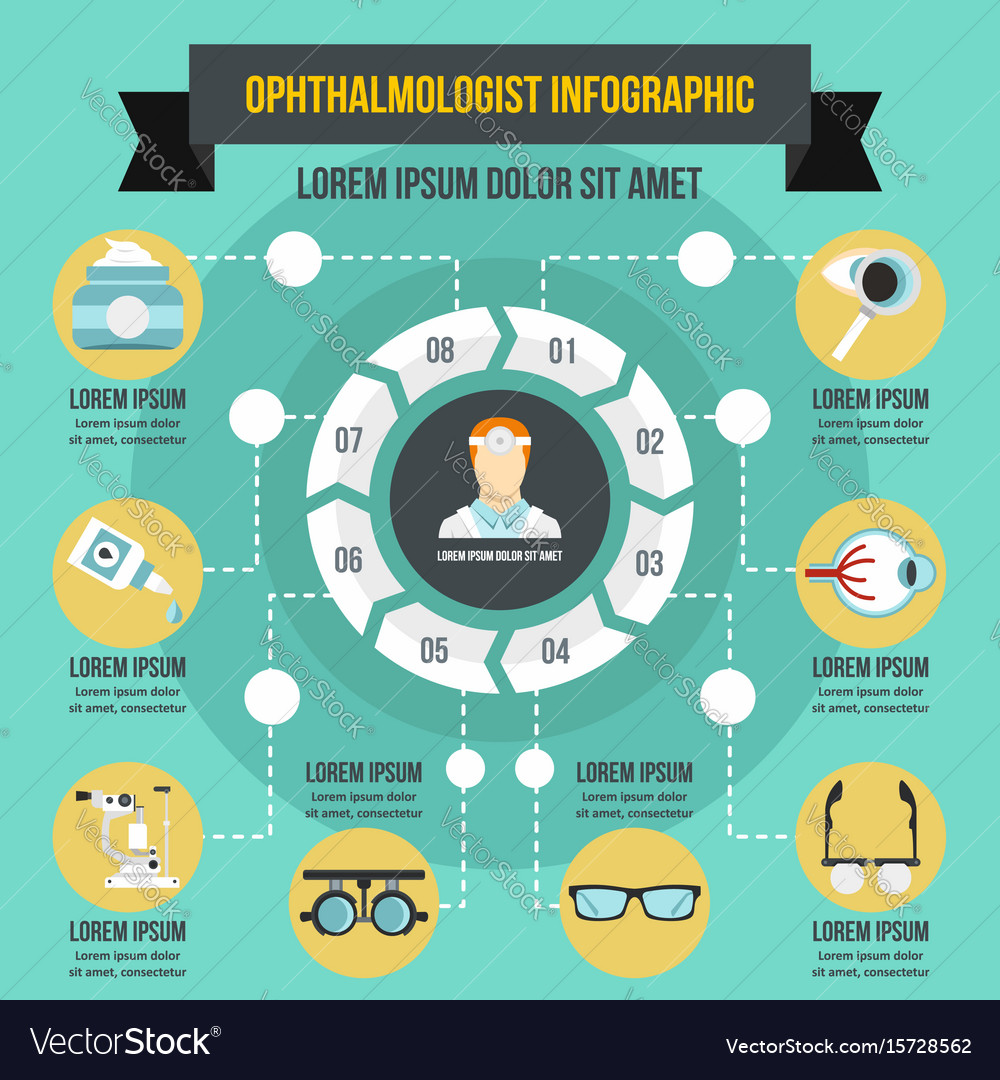As a cataract surgeon, your day starts with a detailed eye assessment, where you examine clients' vision and lens clearness. You recognize how essential it is to identify cataracts precisely. As soon as diagnosed, you plan for surgical procedure, making certain every detail is accounted for. But the challenge doesn't finish there. The genuine journey unravels in the operating room, where accuracy is vital. What occurs following can specify a person's visual future.
The Diagnostic Refine: Identifying Cataracts
When it involves identifying cataracts, quality is key. You'll begin with a comprehensive eye assessment, where you'll assess visual acuity and look for any indications of cloudiness in the lens.
During this process, you'll utilize specialized equipment, such as a slit lamp, to obtain an in-depth view of the eye's structure. You'll likewise do a dilated eye test to examine the lens and retina better.
Collecting your individual's medical history is vital, as it aids identify risk factors like age, diabetes, or previous eye injuries.
After examining the outcomes, you'll determine the existence and intensity of cataracts. This meticulous strategy guarantees you supply the best recommendations for therapy, establishing the stage for the next action in their care.
The Surgery: Accuracy in Action
After identifying cataracts and reviewing treatment choices, you plan for the procedure, where precision is extremely important.
You go into the operating room, putting on clean and sterile gloves and a mask. The patient relaxes easily under intense lights, all set for the change.
You begin by carrying out regional anesthetic, ensuring they feel no discomfort. With a constant hand, you make a small incision in the cornea, making use of sophisticated techniques to get rid of the cloudy lens.
You very carefully place the artificial intraocular lens, aligning it flawlessly for optimal vision. Throughout the treatment, you keep track of vitals and readjust as needed, maintaining concentrate on the task.
In just a short time, you'll have restored your client's sight, a satisfying outcome for both of you.
Post-Operative Care: Making Certain Optimal Recuperation
Once the surgical procedure is full, your function shifts to making certain the person's smooth recuperation.
You'll begin by providing clear post-operative directions, worrying the value of using the eye guard and taking proposed medications. Advise them to avoid rubbing their eyes and engaging in laborious activities.
Arrange a follow-up consultation within a few days to monitor recovery and attend to any kind of concerns. Urge patients to report any type of indications of infection, such as raised soreness or discharge.
In when cataract surgery , go over the relevance of using fabricated rips to relieve dryness. Support their psychological wellness by comforting them that visual enhancements might take time.
Final thought
In a cataract specialist's day, you witness the trip from diagnosis to healing. You see the precision in surgical treatment and the care taken post-operation to guarantee your ideal healing. With click here to find out more , you gain clearness not simply in vision, but in understanding the entire process. The count on developed in between you and your specialist is critical, leading the way for a smoother recovery. With the best assistance, you're on your way to enjoying a brighter, more clear world.
